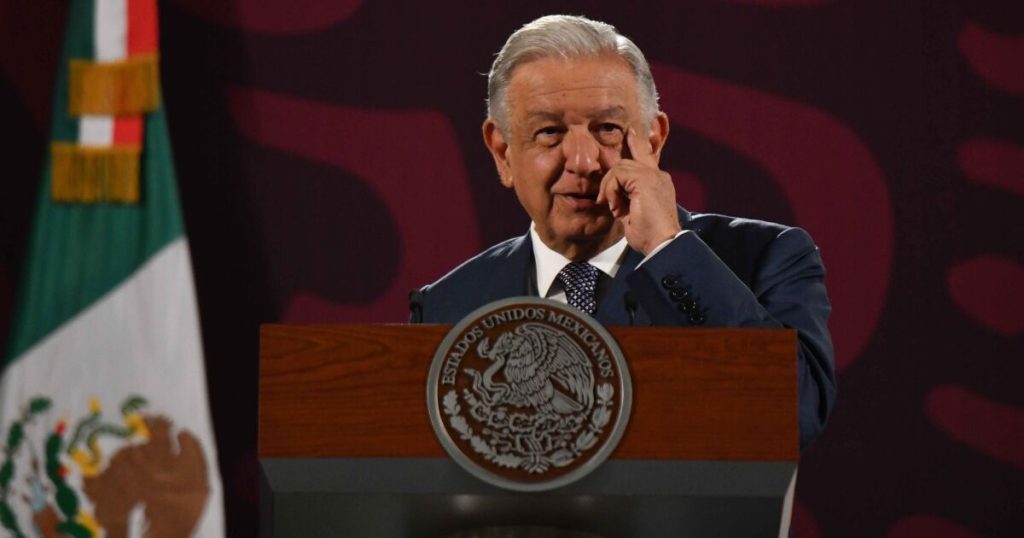The Nicaraguan government on Wednesday asked Costa Rica for a full police report on a crime it described as “xenophobic” and which occurred on Monday in San José, and called for a “fair trial.”
This is the murder of Otoniel Orozco Mendoza, 53 years old; a Nicaraguan naturalized as Costa Rican who was killed with 14 shots by his neighbor Eduardo Ramírez Zamora in an exclusive area in Escazú, Costa Rica, after an argument.
“This is an unforgivable crime. Our Foreign Ministry has been in contact with the Foreign Ministry of Costa Rica. What we are asking for is, on the one hand, a complete police report, and, on the other hand, the willingness of the Costa Rican authorities to prosecute and punish this horrendous crime,” said Nicaraguan government spokeswoman Rosario Murillo in a statement issued on Wednesday.
Murillo said she was “deeply shocked and outraged” by the incident and said she was asking the authorities for justice for this crime, which she described as “xenophobic.”
According to Nicaraguan authorities, the victim’s body was repatriated to his country of origin with the help of the government, along with 23 relatives who traveled to Managua with the coffin.
The Costa Rican government has not made any statements regarding an event that has shocked the country.
A report A United Nations report published in 2023 revealed an increase in hate speech in Costa Rica on social media, much of it directed at Nicaraguan migrants, whose diaspora is one of the largest on Costa Rican soil.
In total, more than 1.4 million messages and conversations linked to hate speech and discrimination were detected on social media, compared to 937,000 in 2022.
The ONU esteem that a “disturbing wave of xenophobia, racism and intolerance” is being witnessed throughout the world, and that hatred is “becoming widespread” in both liberal democracies and authoritarian systems.
In Costa Rica, according to the report, hate speech and discrimination are mainly related to politics, xenophobia, gender, sexual orientation, generational conflict, racism, religion and disability. Hate speech about politics and national reality dominated the statistics, with more than 480,000 messages detected in the study.
Sources from the government of President Rodrigo Chaves told the Voice of America last year that they repudiated “hate messages and violent tones on social media.”
Costa Rica’s communications minister, Jorge Rodríguez Vives, said it was “very easy for some political figures” to say the problem was due to “an attitude on the part of the president of the republic,” but that Chavez’s government understood the matter “to be so serious” that it was developing “a national strategy against hate speech and discrimination,” which it hoped to “build at a social level with the support of the United Nations.”
“We are not in favor of, nor will we encourage, any type of physical or emotional violence, or violence on social media,” the minister said.
Connect with the Voice of America! Subscribe to our channels Youtube, WhatsApp and to newsletter. Turn on notifications and follow us on Facebook, X and Instagram.
















